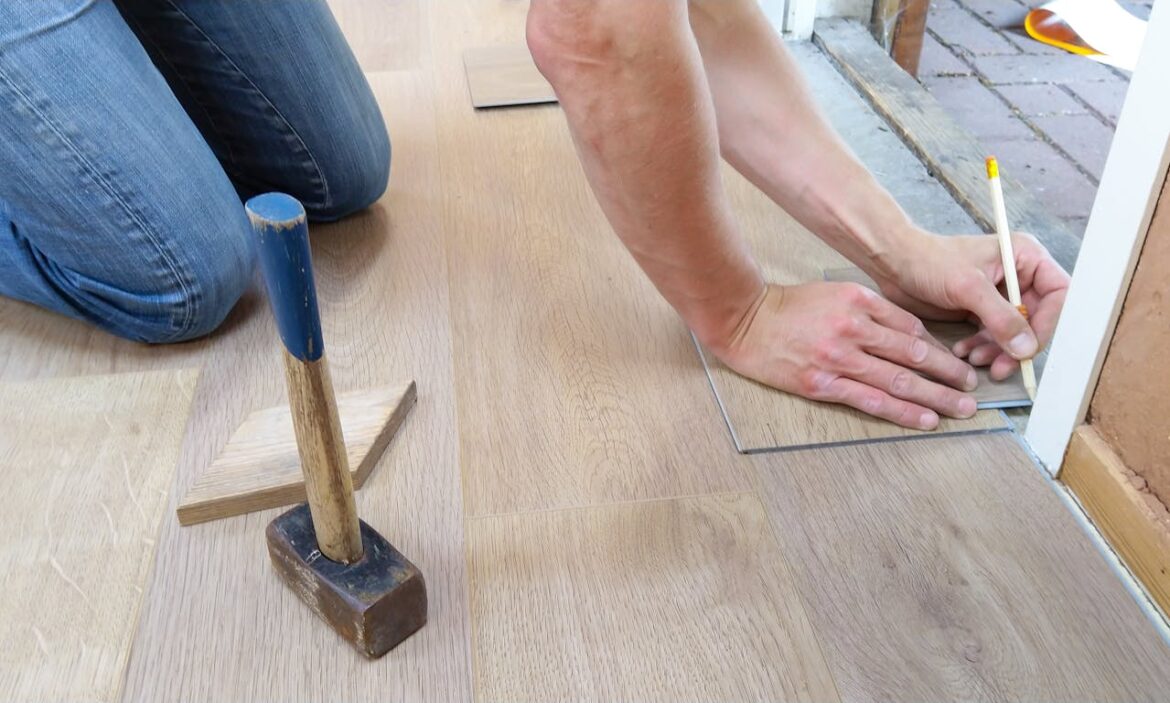Embarking on a home renovation can be one of the most exciting – and daunting – journeys for any homeowner. Whether you’re planning a full-scale transformation or targeting key areas like the kitchen, bathroom, or laundry, preparation is everything. From unexpected costs to council approvals, the more informed you are, the smoother your renovation will be. Here are the top 10 things you need to know before picking up that sledgehammer:
Set a Realistic Budget (and Add a Buffer)
One of the most common renovation pitfalls is underestimating costs. It’s essential to get detailed quotes from licensed tradespeople and factor in an additional 10–20% for unexpected expenses. Skimping on a budget buffer can lead to delays or half-finished projects if surprises pop up – and they often do.
Know Your Why
Are you renovating to increase resale value, create a more functional space, or simply modernise a tired home? Knowing your “why” helps drive decision-making and prioritise spending. For instance, if improving functionality is key, you might focus on wet areas – and seek out experienced laundry renovators to help optimise storage and flow.
Research and Plan Every Detail
From layout and materials to timelines and trades, good renovations start with thorough planning. Make sure you’ve researched not just design trends but also the durability and maintenance needs of your chosen finishes. A detailed plan helps reduce back-and-forth changes during the build, which can be costly.
Understand Local Regulations
Before you start, check with your local council to see if permits are needed. This is especially important for structural changes, extensions, or work near boundaries. Failing to gain the right approvals can result in hefty fines or forced rectification.
Hire the Right Professionals
Your builder, architect, or designer can make or break the experience. Always check references, licences, and insurance. For smaller, specialised areas like laundries or bathrooms, hiring niche professionals can deliver better results – particularly those who understand how to maximise compact or awkward spaces.
Get Everything in Writing
Never rely on verbal agreements. Detailed contracts should include scope of works, timelines, payment schedules, and contingencies. It’s your protection if things go off-track.
Expect Disruption
Even minor renovations can turn your home life upside down. Dust, noise, limited access to rooms – it’s all part of the process. If you’re renovating key areas like your kitchen or bathroom, consider alternative living arrangements or temporary solutions.
Think Long-Term
Choose materials, layouts, and finishes that will last beyond fleeting trends. Consider energy-efficient appliances, ample storage, and future-proofing for family needs or ageing in place.
Don’t Overcapitalise
While it’s tempting to go all-out with high-end finishes, make sure your renovation aligns with your home’s value and the surrounding area. Overcapitalising can limit return on investment, particularly if you’re planning to sell in the near future.
Communicate Constantly
Clear, consistent communication with your trades and designers keeps everyone aligned. Regular check-ins help spot potential issues early and ensure that the project stays on schedule and within scope.
A well-executed renovation can breathe new life into your home, boost its value, and significantly improve your quality of living
By arming yourself with knowledge and working with the right professionals – whether you’re updating your entire house or focusing on specialist areas with skilled laundry renovators – you’re setting your project up for success. Taking the time to plan thoroughly now will pay dividends in peace of mind and finished results later.


